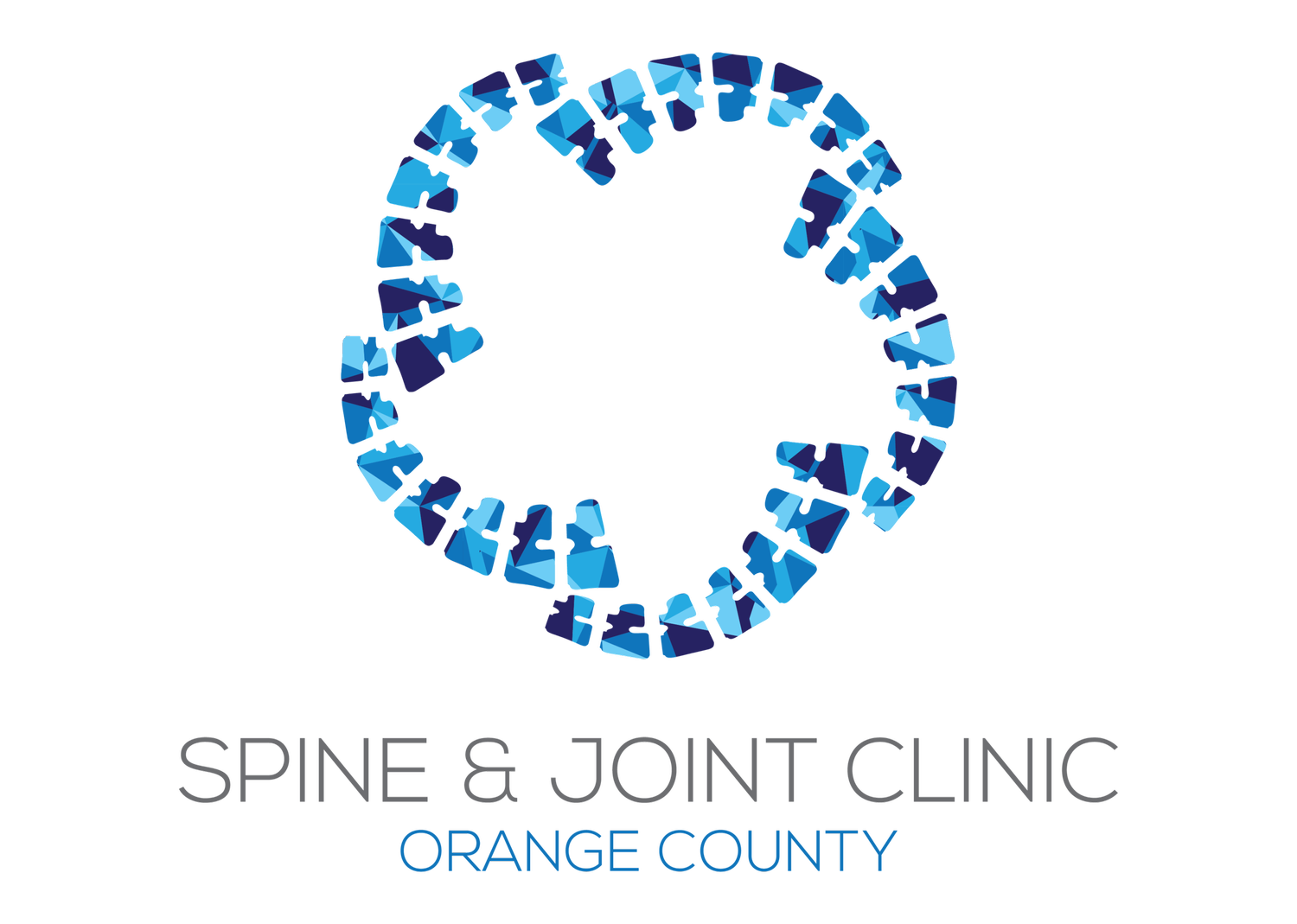Putting Your House in Order: Food Reigns Supreme
Is eating gluten/lectins, grains and legumes problematic? Let’s focus on the elephant in the room: diet. It’s time for a gut check; by definition a gut check is an honest reflective appraisal of one’s true feelings regarding a matter of concern.
Wouldn’t it be nice if managing one’s health was like maintaining a clean home? Make the bed, empty the dishwasher, swiffer the floors, cleanse the sinks and tubs, tidy the countertops, use some floor mats and don't forget your annual window washing. Only green cleaners, right? Barring any catastrophic natural disasters, a two-minute shower while your four year-old is unsupervised, or an ant infestation (anyone else in OC relate to this?) the formula is rather simple.
On the other hand, obtaining a clean bill of health from your doctor can feel complex and downright overwhelming. Perhaps you are not feeling well, but your doctor(s) can’t seem to find anything wrong. You might be wondering if you have taken the right tests and had a thorough work-up. Conversely, maybe you are pre-diabetic, struggling with hypothyroid, joint pain, skin rashes, bouts of anxiety and depression, and migraines. You have been prescribed a host of medications and you’re expected to remain on those meds into perpetuity. You may be searching for a sustainable solution, one with fewer side effects, and one that allows your body to heal from the inside out. By and large, we underestimate the potential of food, sleep, and stress management.
Setting yourself up for a life free of disease and vigor in today’s society may feel like a pipe dream for a growing majority. I’d argue that there are a handful of reasons this is such a common dilemma.
Mismatch between diet and activity levels.
Change is hard, reinforced patterns are easy
The “attention economy” does not provide valuable education
Repetitive insults to the gut, immune system and metabolism go unchecked
A one size fits all healthcare approach
Conventional medicine is designed for disease management and not prevention
Most medical paradigms do not “aim at the origin” and/or discount the body’s interconnectedness
Lifestyle interventions are time-intensive and difficult to align with insurance- based care
Diagnostic testing is looking downstream
Poor diagnosis and treatment plans do not educate or empower the patient
Let’s focus on the elephant in the room: diet. It’s time for a gut check; by definition a gut check is an honest reflective appraisal of one’s true feelings regarding a matter of concern. How and what we eat is either optimizing our health or initiating new underlying pathology and eventually disease. For example, patients struggling with supporting thyroid function may need to address gut function to fully combat symptoms of hypothyroidism.
Risk factors for developing Digestive Pathology.
Chronic Stress
Sleep Deprivation
Physical inactivity
Hypothyroidism
HPA Axis dysfunction
Excess Alcohol
Environmental toxins.
Family History
Cesarean Birth
Formula fed
Standard American diet
Food poisoning
Antibiotics
Medications
The evolving role of diet has altered the way we understand disease. In fact, digestive health has a wide array of implications. Intuitively, this should not be a surprise. The gut is one of our main interfaces with our external environment, it houses trillions of bacteria, has its own nervous system and gut-associated lymphoid tissue (GALT).
The digestive system is both resilient and dynamic. This is a double-edged sword because it is really good at masking the effects of a poor diet. What happens in the gut is so powerful that it has long-distance effects on the brain, skin, skeleton, muscles, metabolism, cardiovascular system, endocrine system, and immune system. It’s not like the “what happens in Vegas stays in Vegas.” Take a look at figure 3. These examples of reactivity may be the result of something called molecular mimicry. Due to the similarity in molecular structure with food we eat and our own tissue, the immune system can be fooled into attacking look-a-like molecules that make up our own tissue leading to autoimmune disease.
Educational resource from Cyrex Laboratories.
Below is my own list of the top 10 effects of a poor diet:
6 Joint pains
7 Neurodegenerative syndromes
8 IBS and GERD
9 Dermatitis and eczema
10 Constipation
1 Diabetes
2 Obesity
3 Cardiovascular disease
4 Autoimmune disorders
5 Anxiety and Depression
So how do we detect, avoid these problems and remedy our diet. Some patients have symptoms like gas, bloating, constipation, abdominal pain and cramps, skin rashes, diarrheas, excess gas, brain fog, heartburn, excessive hunger, and other complaints. However, there are patients that do not have symptoms or have symptoms that seem unrelated. For example of those diagnosed with Celiac Disease, autoimmunity to gluten, only 50% have GI symptoms.
With advances in research we have a better understanding about gut pathologies such as intestinal permeability aka “leaky gut,” food intolerances (tend to be undiagnosed), celiac disease and non-celiac gluten sensitivity, hypochlorydia, gut dysbiosis, small intestinal bacterial overgrowth (SIBO) and infections.
A functional medicine approach is a great way for patients to understand what is at the root of their health challenges. What that looks like for most patients is an extensive history, some form of altered diet (in some case removing gluten, wheat and dairy) and tests or screens for:
Wheat/Gluten reactivity
gluten-associated cross-reactivity
pathogen screens
intestinal permeability
SIBO
and other tests depending on a working diagnosis.
Treatment protocols are designed for each patient and tend to employ a mixture of dietary restriction, antimicrobials, pro/prebiotics, and other temporary supplementation meant to heal the gut
Researchers and clinicians continue to unravel the different mechanisms behind health pathology. There is some controversy regarding food intolerances, dysbiosis, leaky gut, autoimmunity, and hormone dysfunction. However, novel screening tools and continued research help shed light on how to treat the source of the problem and return your overall health.
If you have questions please email them to nick@spineandjointoc.com


